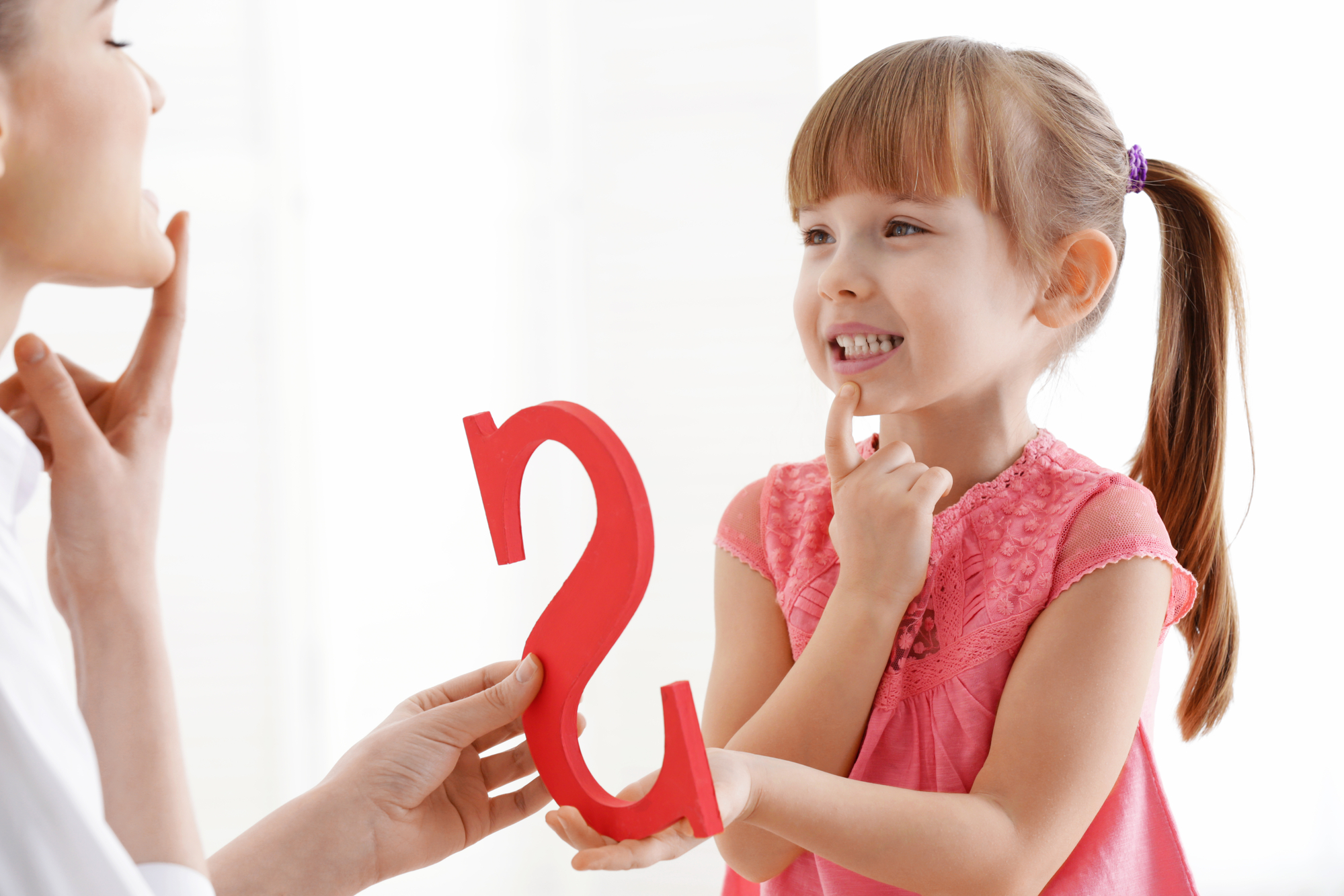As a paediatric speech pathologist the question “how many words should my child be saying?”, or “should my child be talking more?” is perhaps one of the most frequently asked questions I hear from families. There is often a lot of anxiety and concern around speech development. Unfortunately, there is also a lot of misinformation around this topic too.
Like other areas of development and learning new skills (for example crawling, walking, etc), there is a definite range. This means that no two children will develop at exactly the same rate. Your child might learn to walk before your friend’s little one, however, your child might say less words than theirs. This is to be expected.
What’s important for families to understand is that while there is a range, there are times when a child’s speech development might sit outside what we would consider to be the average range. If this is the case we would recommend assessment and support from a speech pathologist to help get them on track.
I like to use the Communication Milestones from Speech Pathology Australia when talking with families about their child’s communication development. As a general guide, here are some things we would discuss in the first 2 years:
- At 12 months children can usually – start to use sounds, gestures and say a few words, continue to babble and copy different sounds and noises
- At 18 months children can usually – say 6 to 20 single words, copy lots of words and noises, name a few body parts and use objects in pretend play
- At 2 years children can usually – say more than 50 single words, put two words together, use their tone of voice to ask a question, say ‘no’ when they don’t want something, use most vowel sounds and a variety of consonants, and start to use ‘mine’ and ‘my’
If by these ages a child seems to be falling behind or not hitting these milestones, further assessment and support (e.g. therapy) would be recommended. In the early years, therapy is very successful and is also great for families in terms of helping them to feel empowered and confident in what they are doing to support their child as best they can.
If you have any concerns about your child’s speech development I would recommend making an appointment with your local paediatric speech pathologist. You know your child best and although others may tell you things like “he’s a boy they take longer to talk”, or “my sister’s friend’s kid didn’t start talking til she was 4 and she’s fine”, this advice can sometimes do more harm than good. When it comes to the development of communication skills including speech and language, speech pathologists are the experts in this area. You can trust that the information you receive from a speech pathologist is evidence-based and accurate.









